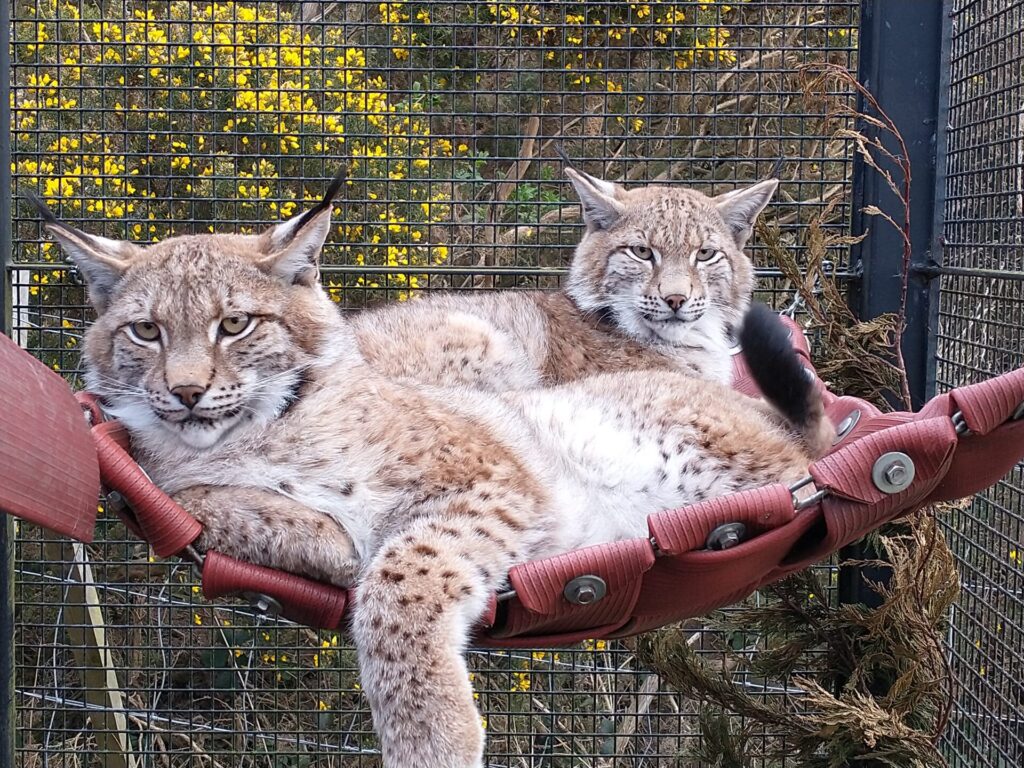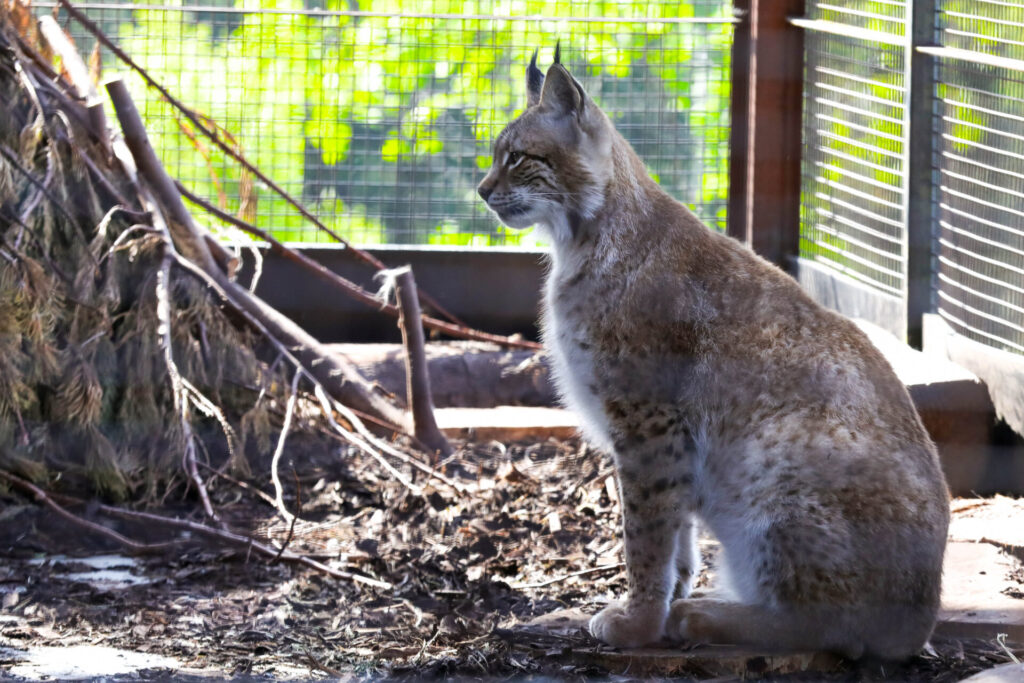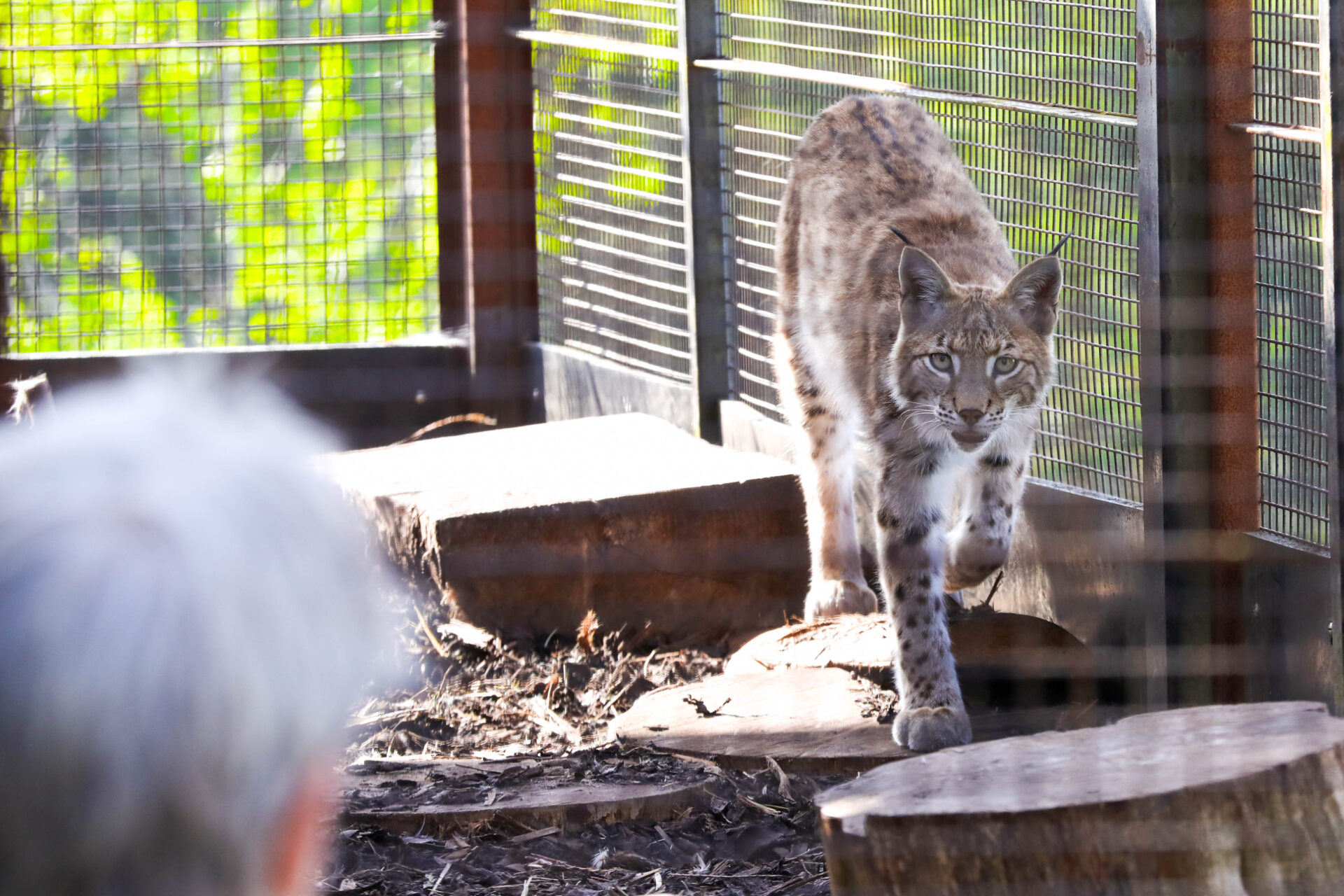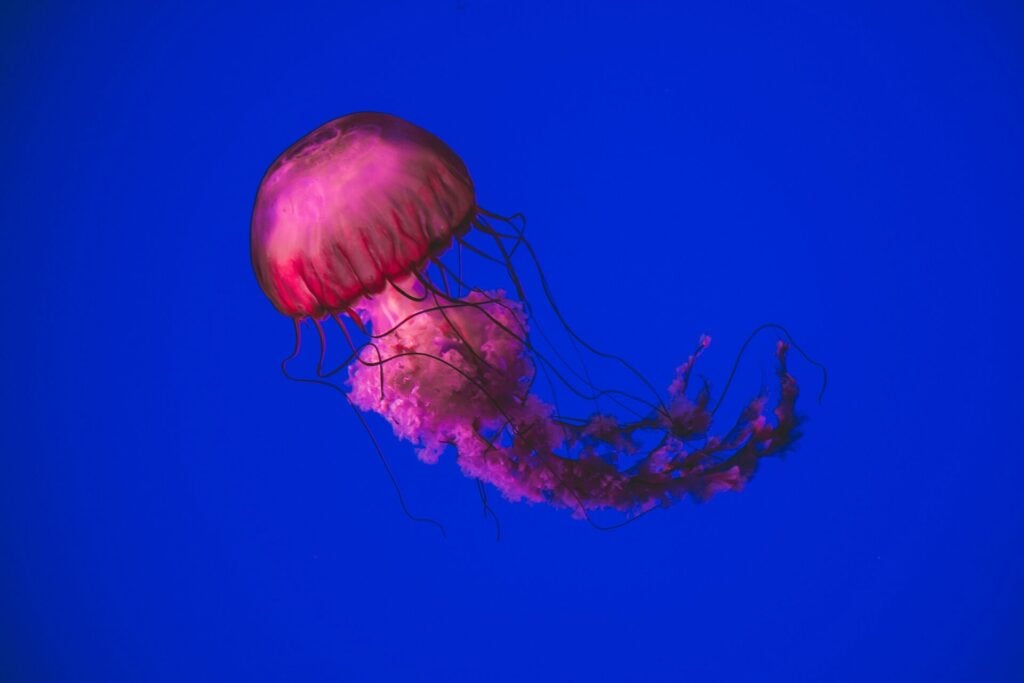Illegally released into Scotland’s Cairngorms National Park in January – likely by so-called ‘rogue rewilders’ frustrated with slow government action – three lynx cubs have now found a safe new home at the nearby Highland Wildlife Park.
They were rescued from freezing conditions by the Royal Zoological Society of Scotland (RZSS). A fourth lynx, however, did not survive the harsh conditions.
The release of the animals sparked condemnation from experts, who deemed the act ‘reckless’ and highlighted the slim chances of survival the lynx faced in the wild.
Initially taken to Edinburgh Zoo for quarantine and care, the surviving cubs were transferred to the Highland Wildlife Park on Friday May 16th.
Their new environment offers a safe and appropriate setting for these wildcats to thrive, say RZSS staff.

All are female and a naming competition is open to both children and members of the society
A New Home in the Highlands
RZSS CEO David Field said: ‘We are very pleased to welcome the lynx to Highland Wildlife Park and grateful to our members and everyone who made a donation to help us care for these wonderful cats. The lynx were clearly habituated to humans and would most likely have died if they hadn’t been rescued as they would not have been able to find food for themselves.
‘Caring for these cats at Highland Wildlife Park will help raise awareness of this incredible species and support discussions about how to reintroduce wildlife in Scotland responsibly.’
Visitors to the park will be able to see the lynx in their new home, with RZSS also planning educational talks and activities to help people learn more about the species and the conservation challenges they face.
Field added: ‘We are very proud of the response of our team, who worked with Police Scotland and other partners to safely rescue these animals in freezing overnight temperatures.
‘All three lynx have curious personalities, they love playing together, especially with balls and other toys. We are sure they will be a big hit with everyone who comes to see them.’

The society said that the incident has ‘shone a spotlight’ on the wider discussion around species reintroductions, which has further grown with the discovery last week of abandoned feral pigs in another part of the Cairngorms National Park.
There is speculation that ‘rogue rewilders’ may be taking matters into their own hands, say RZSS.
In a statement the society said: ‘It’s been hypothesised that, frustrated by what they see as slow progress from government, some individuals may have decided to bypass the legal and scientific frameworks which are essential for responsible rewilding.
‘At RZSS, we understand the passion that drives these discussions. We know that restoring species to an area can bring significant ecological and cultural benefits when done properly. However, releasing animals into the wild without the necessary research, planning and consultation is reckless and risks harming both wildlife and local communities. Conservation must be guided by science, collaboration and long-term planning – not by impulsive actions, no matter how well-intentioned they may be.
‘Lynx, for example, play a key role in balancing ecosystems by controlling deer populations, which in turn can help restore woodlands. Across Europe, successful reintroductions have shown that lynx can coexist with people when managed correctly.’









